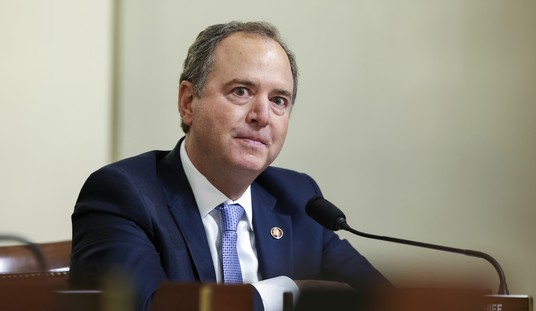While Colorado lawmakers focus on guns, an area university psychiatrist claims police ignored warnings that James Holmes was a threat to the public, my emphasis:
A University of Colorado psychiatrist told campus police a month before the Aurora movie theater attack that James Holmes had homicidal thoughts and was a public danger, according to records unsealed Thursday.
Lynne Fenton, a psychiatrist at the Denver campus, told police that Holmes had also “threatened and harassed her via email/text messages” in June 2012. He is standing trial for the July 20 shooting rampage that killed 12 and injured 70 during a midnight premiere of the latest Batman movie.
[…]
Soon after the shooting, university police said they had not had any contact with Holmes, a graduate student doing neuroscience research. But a search warrant affidavit released Thursday revealed that an officer had told investigators that Fenton had contacted her to report “his danger to the public due to homicidal statements he had made.”
(Affidavits, other documents here.)
This sounds very similar to what happened in Tucson. It’s been claimed that the Pima County Sheriff’s office received reports about Jared Lee Loughner but did not act. Local media also uncovered that the college Loughner attended follow its own guidelines for dealing with the matter which may have saved lives had they acted:
Combined with earlier documents obtained by KGUN9 News, the evidence shows that PCC did not strictly adhere to its own internal guidelines in its handling of Loughner.
In a public records request filed with PCC on February 22, 9 On Your Side asked to see any documents setting out guidelines or procedures for contacting mental health authorities about a student. On Wednesday PCC provided a copy of campus police “Operational Directive 901 – Handling the Mentally Ill,” approved in 2007 by its top campus police officer, Stella Bay.
How would bans on standard capacity magazines and a heavier burden on the already overwhelmed NICS system have stopped either of these cases — especially when it appears that preventative measures which would have protected the public from Loughner and Holmes were disregarded by the very people entrusted to enforce them?
As it relates to Loughner purchasing a firearm, bold my emphasis:
There is no known record that a court had ever declared Loughner mentally unfit or that he had ever been committed to a mental institution.
But even if that had been the case, there’s no guarantee that Loughner’s name would have appeared in the national database. Some states have been slow to report names that belong in the “do not sell” list, even after Congress passed a law in 2007 aimed at punishing states with inadequate compliance records and providing incentives to states with good reporting records.
What? You mean states are slow to follow the law, if they do at all? Why then, let’s pass more laws for criminals and state lawmakers to disregard!
It seems as though Loughner could have easily been declared mentally unfit to own a firearm. However, had Pima Community College followed their own protocol and reported such, there still isn’t a guarantee that he would have been prevented from doing so because states are slow to follow the very laws passed, even after other laws are passed to get them to follow the previous laws they also … didn’t … follow. Brilliant.
Biden already candidly admitted that they don’t have the resources to enforce the laws on the books. The VP was quoted as saying: ““And to your point, Mr. Baker, regarding the lack of prosecutions on lying on Form 4473s, we simply don’t have the time or manpower to prosecute everybody who lies on a form, that checks a wrong box, that answers a question inaccurately.” People like Mark Kelly.
That current laws aren’t enforced isn’t a valid reason to waste taxpayer money and pass the same laws again. That current laws aren’t enforced isn’t a valid reason for the government punish the law-abiding public who are required by government to pay for these laws to be enforced. Seems a bit like hurt and rescue. Create an unjustified, Rube-Goldberg-esque bureaucracy to tie up the law-abiding and make the law unenforceable via complexity, then use results to bolster supply reduction.













Join the conversation as a VIP Member